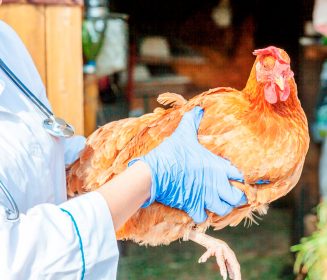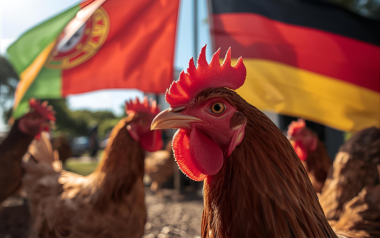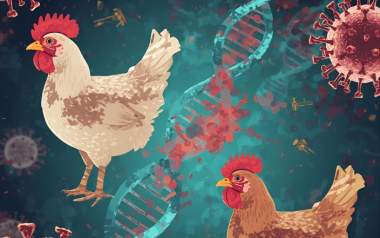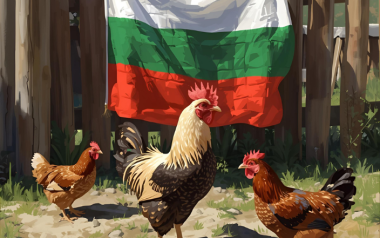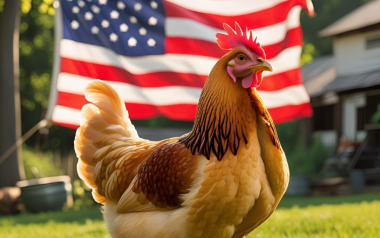Sources: Available upon request
06 Apr 2024
Avian Flu detected in a person in Texas
Recently, Texas health authorities have reported a human case of avian influenza. This incident has raised concerns about its potential public health implications. Let's delve into the details and understand what this means.
Recently, Texas health authorities have reported a human case of avian influenza. This incident has raised concerns about its potential public health implications. Let’s delve into the details and understand what this means.
The case: A worker in contact with dairy cattle
The infected individual is an agricultural worker from Texas who had direct contact with dairy cattle. According to information provided by the Centers for Disease Control and Prevention (CDC), the patient is currently in isolation and is recovering. The fact that the transmission occurred through contact with dairy cattle highlights the risks associated with avian flu jumping from birds to mammals.
Understanding Avian Flu
Avian flu, caused by the H5N1 influenza virus, primarily affects birds, especially poultry like chickens and ducks. However, epidemiologists have been closely monitoring its potential to spread to humans. Here are some key points about avian flu:
- Human Infections: While avian flu primarily infects birds, sporadic cases in humans have been reported. The recent Texas case represents the second confirmed instance of avian flu in humans in the United States. The first case occurred in Colorado in 2022 and also involved a farmer who had direct contact with chickens.
- Symptoms: Unlike other diseases, avian flu symptoms in animals are not exclusive to this virus. Common effects include lung congestion, hemorrhages, and fluid retention. However, these symptoms do not definitively rule out other diagnoses. The virus belongs to the Orthomyxoviridae family, and the H5N1 strain specifically affects poultry. The detection of cases in mammals has raised concerns about the potential emergence of new strains capable of human transmission.
- Preventive Measures: Health authorities worldwide have implemented basic measures to prevent avian flu transmission. These include avoiding contact with dead birds or items that may be contaminated by sick birds (such as feathers). While there is no evidence that the disease spreads through consuming contaminated poultry products, precautions are essential to minimize risks.
Global Implications
The World Health Organization (WHO) has been closely monitoring avian flu outbreaks. The recent alert issued by the WHO in 2023 emphasized the need to prevent the virus from crossing species boundaries. The possibility of avian flu adapting to mammalian hosts and becoming transmissible among humans remains a concern. Vigilance and rapid response are crucial to prevent potential outbreaks.
Conclusion
- The detection of avian flu in a person in Texas serves as a reminder of the delicate balance between human-animal interactions. While the risk of widespread transmission remains low, health authorities must remain vigilant. Continued surveillance, prompt reporting, and adherence to preventive guidelines are essential to safeguard public health.
- In summary, the recent case underscores the importance of monitoring zoonotic diseases like avian flu and taking necessary precautions to prevent their spread. As we learn more about this virus, collaboration between health agencies and the agricultural sector becomes critical in mitigating risks.








